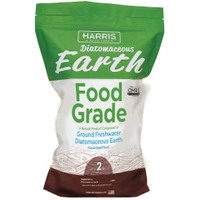7 natural ways to keep centipedes away from your home
Deter centipedes from entering your home with these handy and natural tips
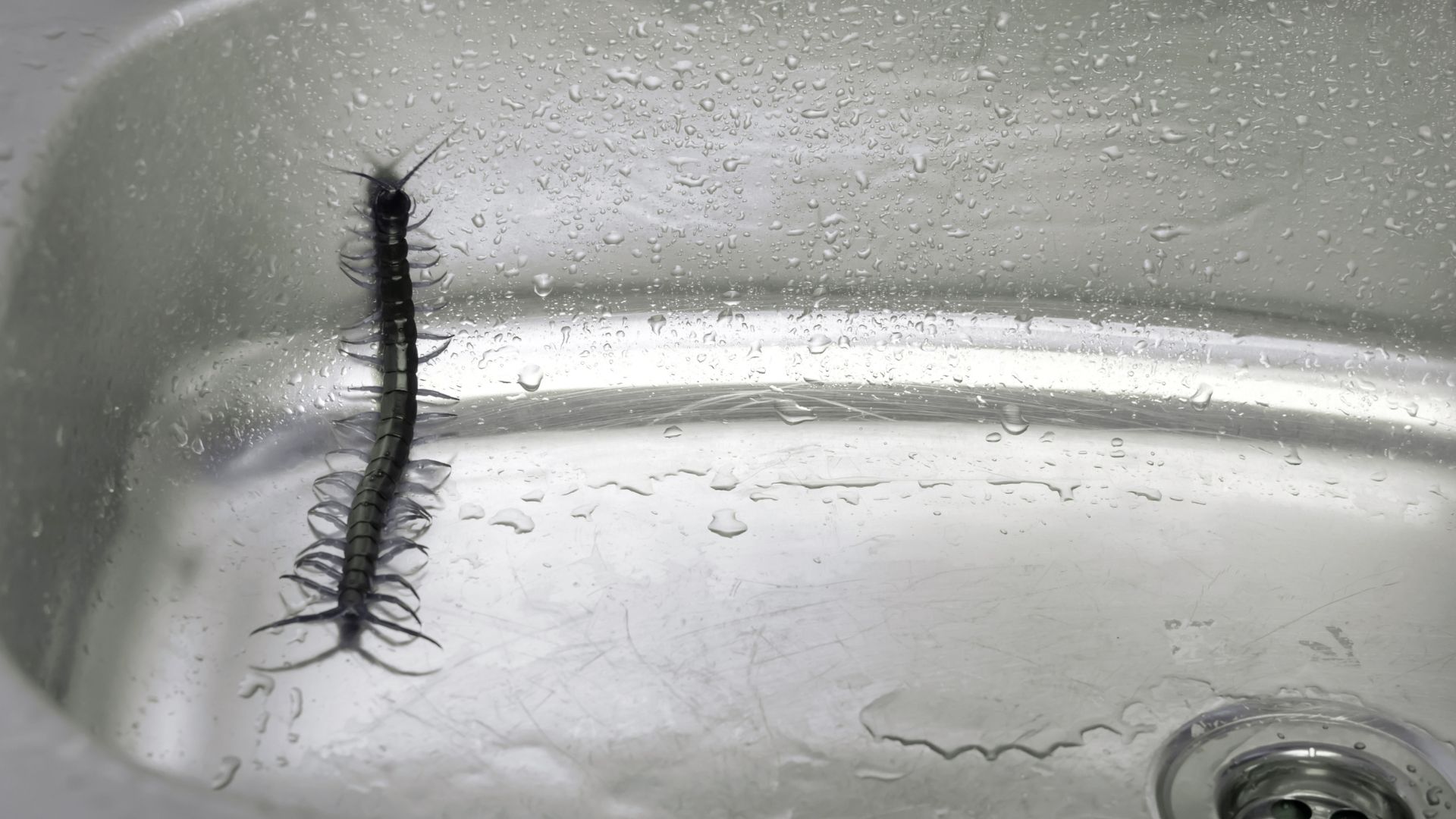
Centipedes aren’t the nicest thing to find in your home. Their long worm-like bodies and abundance of legs can be quite an unsettling sight if you’re unfortunate enough to spot one. While they’re beneficial at deterring ants, spiders, and even termites from your home, they’re not something you want to have around. House centipedes are venomous, although not as toxic as other species of centipedes. They have also been known to bite people or pets, if provoked although rare and with localized pain and redness. If you’re finding centipedes are appearing in your home, you may be doing things to attract them. They don’t pose any real risks, but their presence can be enough to disturb you.
Luckily, there’s some things you can do to keep them away. To figure out if you’ve got a centipede problem, it’s always worth checking out any of the high moisture areas around your home from your bathrooms, to plants, to crawl spaces, to damp basements. Even if centipedes haven’t turned up yet, it’s always good practice to make sure you’re not doing anything to encourage them.
1. Keep moisture to a minimum
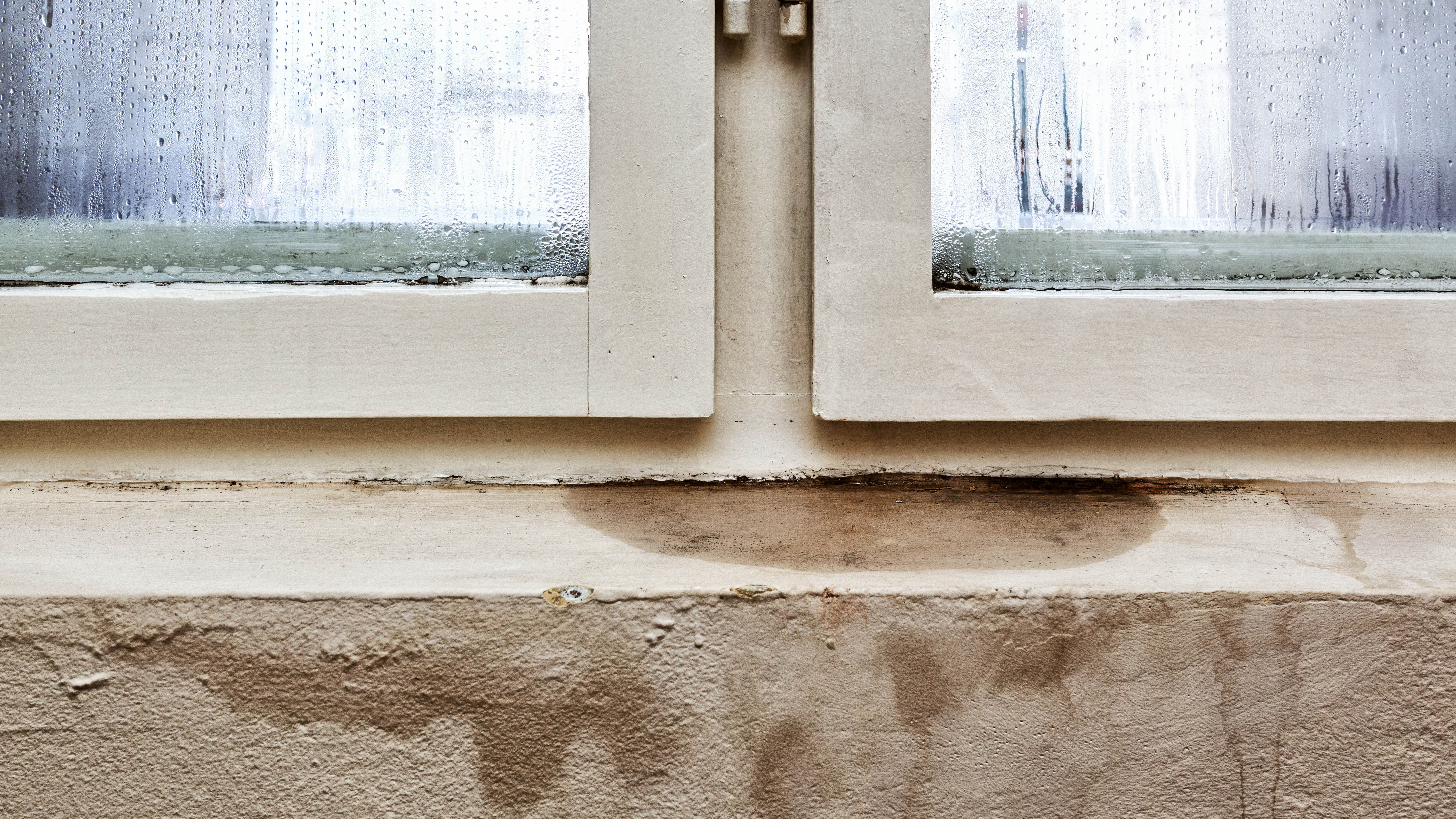
Like a lot of pests, centipedes have a penchant for moisture. As mentioned, they are attracted to high moisture areas around your home, so if you focus on eliminating the moisture, there’s less chance centipedes will arrive. A great way to tackle any damp or moist rooms in your home, like the basement, is running a dehumidifier. The best dehumidifiers will get rid of excess humidity in your home, while also preventing mold growth and condensation.
It’s also a good idea to run the fan in your bathroom after showering/bathing to remove the moisture there too. Additionally, you want to ensure you don’t have any leaks in your plumbing, any blockages in your gutters, or any excess wood, mulch, or foliage gathering in your home that the centipedes will hide inside.
2. Remove food sources

Centipedes love to feast on other pests like silverfish, moths, spiders, flies, and cockroaches. So, if you deter these pests, it has a double benefit as you’ll be eliminating them and the centipedes that come to eat them. Follow our tips on getting rid of silverfish in your home, how to get rid of moths, and getting rid of spiders with advice ranging from using cedar, to lavender, to baking soda around your home.
You’ll also want to ensure that the food that you eat isn’t attracting bugs and pests into your home. Properly seal up any leftover food in airtight containers, as well as cleaning up food spillages immediately. Decluttering and cleaning on a regular basis also reduces the chance of pests around your home, including centipedes, as they won’t find places to settle in and hide.
3. Seal gaps and holes
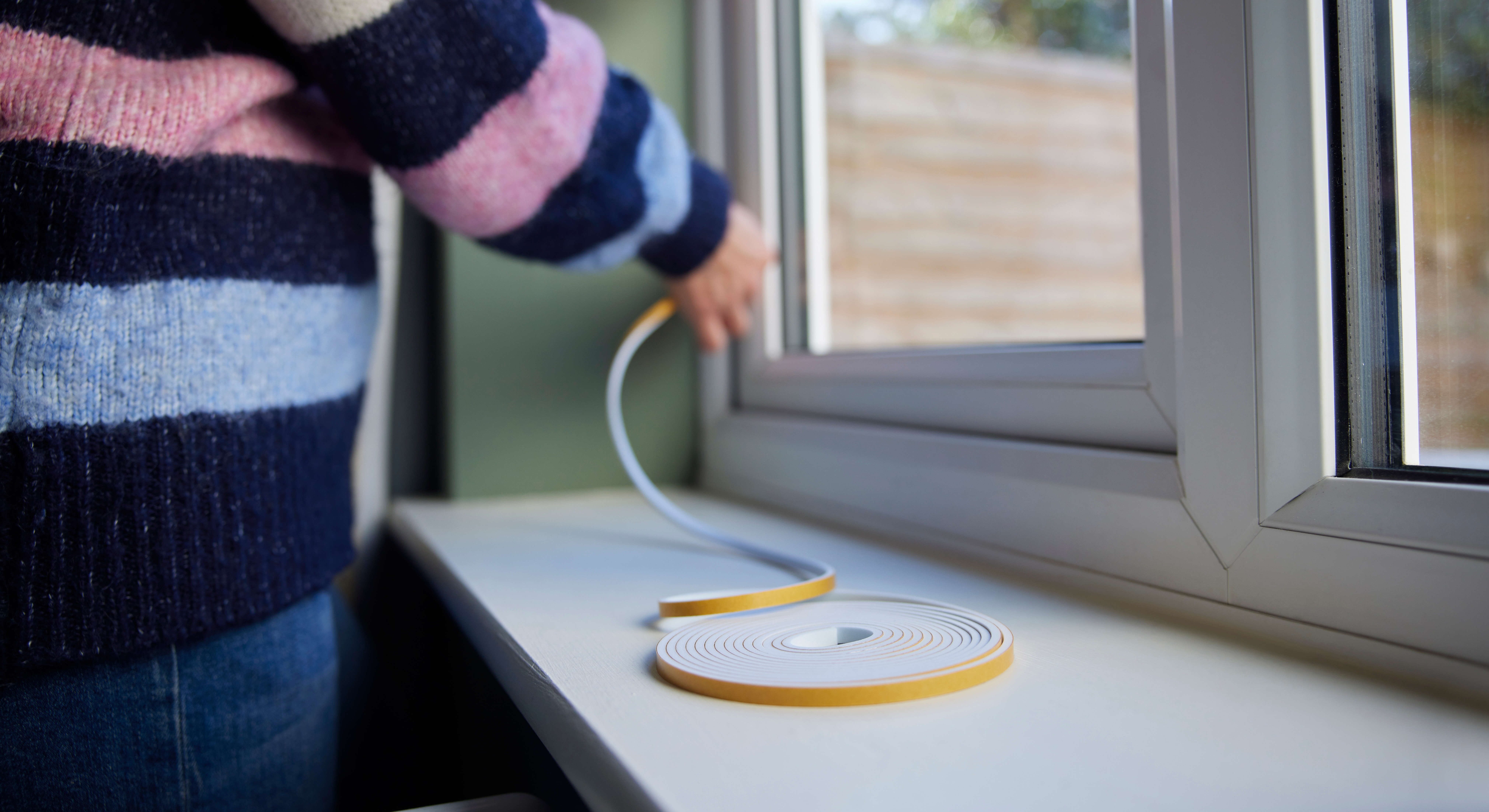
Centipedes’ bodies are quite flat, meaning it’s very easy for them to squeeze into any gaps, cracks, or holes in your home to gain entry from the outside. Sealing any of these entryways off with caulk or expanding foam is essential practice for deterring centipedes.
Sign up to get the BEST of Tom's Guide direct to your inbox.
Get instant access to breaking news, the hottest reviews, great deals and helpful tips.
It’s also advised that you apply weatherstripping to doors and windows. Weatherstripping is, quite simply, strips you can purchase to stick along the cracks in doors and windows to prevent your home from the effects of weather and outside problems. In this case, centipedes. Making sure your home is secure from the foundations to the roofing is key.
4. Use vinegar or bleach on drains

Given centipedes' love of moisture, it’s no surprise that you’ll likely find them emerging from your drains. Pouring a vinegar solution or bleach solution down your drain is an effective way of deterring centipedes from being near your drains. It’s important to note though that you should never use vinegar and bleach together.
For vinegar, pour half a cup of vinegar down your drains and then wait for an hour. Repeat again with another half a cup of vinegar. You can also add in baking soda before the vinegar as a way to unblock drains and freshening up your home, as baking soda and vinegar are great cleaning solutions.
5. Tackle them with a vacuum

If you’ve already noticed some centipedes around your home, you can easily vacuum them up using some of the best vacuum cleaners. You’ll want something high-powered to ensure they don’t scurry away. Once you’ve hoovered any of the pests up, immediately empty your vacuum into a bag, seal it up, and take it to your outdoor trash can.
If you use vacuum bags, it can become a fairly costly way to rid your home of centipedes, so using this step alongside the others in our list will hopefully reduce the overall need to hoover them up.
6. Use essential oils

Centipedes hate eucalyptus, cedar, and peppermint. They don’t like the scent at all, so burning them in your home works as an effective deterrent for these creepy pests. Peppermint oil is also known to burn centipedes when they come into direct contact with it, so putting drips of the oil into any cracks around your home or floorboards adds an extra level of defense.
These oils are also perfect for repelling fruit flies and wasps from your home and yard. Not only will they repel pests, they’ll also bring calming scents, antibacterial, antimicrobial, and decongestant properties along with them that benefits you.
While eucalyptus oils are helpful, it’s not worth planting a eucalyptus tree in your garden to help your plight against centipedes as it’s one of the 5 backyard plants that could damage your home. Considering centipedes don’t cause any actual damage to your home, it’d be a step too far.
7. Sprinkle Diatomaceous earth (DE)
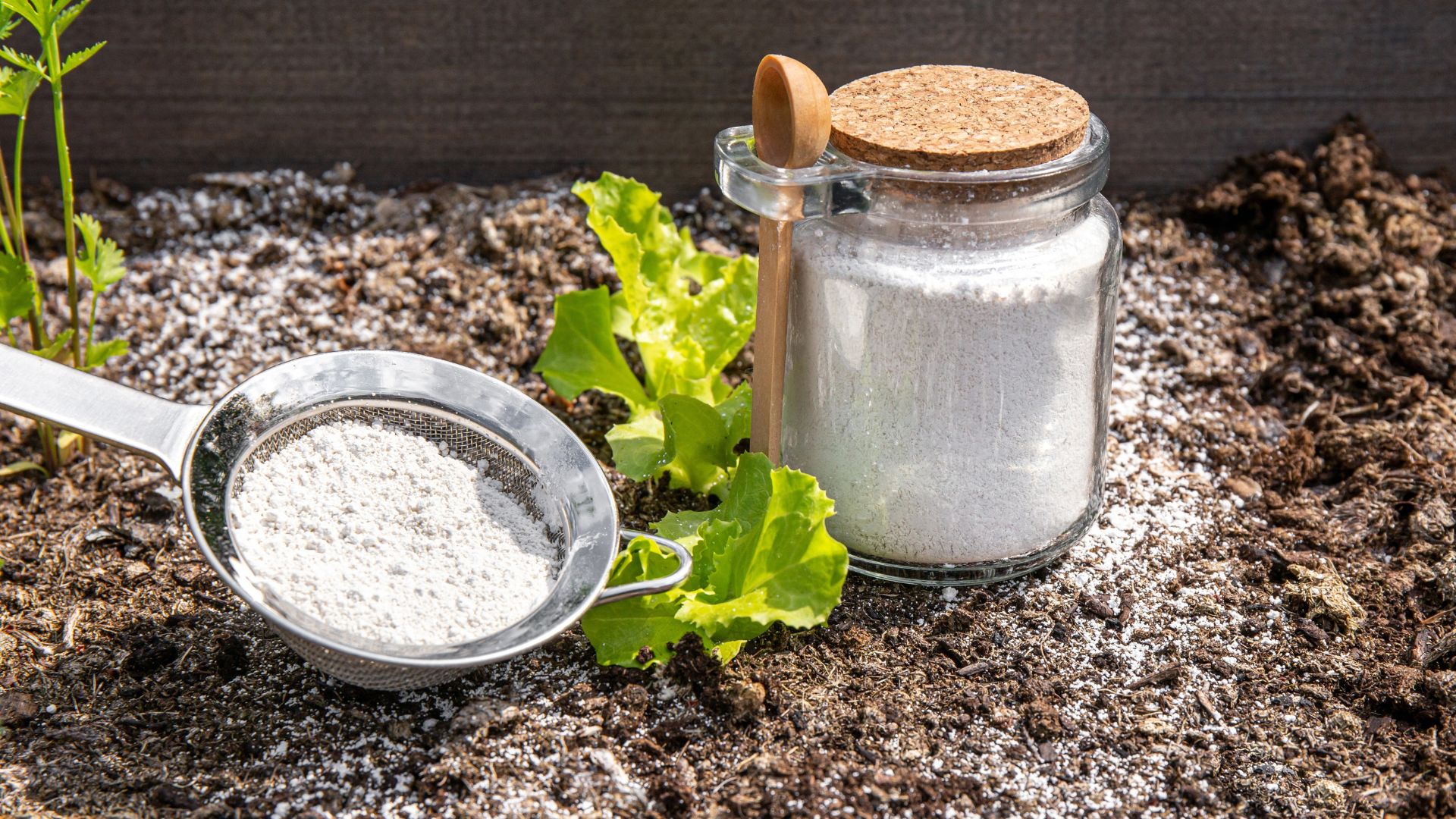
Diatomaceous earth is a powdered substance made up from diatoms - crushed insect exoskeletons. It’s easily purchased online or in stores and can be sprinkled lightly around the boundaries and entranceways of your home. Much like the effect they have on deterring slugs and snails, food grade DE will injure the centipedes if they try to cross it and will work at encouraging them not to try.
The DE can be left sprinkled around your home for a few days and then vacuumed up and reapplied, if necessary. Ensure you leave it for 24 hours between hoovering it up though for maximum effect. It’s safe to use around your home and a much more natural way to deter centipedes as opposed to using pesticides. It shouldn’t cause any harm to you, your pets, or other members of your household, but you should ensure you don’t come into direct contact with it or get it near your eyes.
Harris Diatomaceous Earth Food Grade, 2lb: $12 @ Amazon
This bag of Harris Diatomaceous contains no additives or fillers and is made in the USA. It's OMRI Listed and has an average rating of 4.7 stars of 5,000 reviews.
More from Tom's Guide
Grace is a freelance journalist working across homes, lifestyle, gaming and entertainment. You'll find her writing for Tom's Guide, TechRadar, Space.com, and other sites. If she's not rearranging her furniture, decluttering her home, or relaxing in front of the latest streaming series, she'll be typing fervently about any of her much-loved hobbies and interests. To aid her writing, she loves to head down internet rabbit holes for an unprecedented amount of time.
